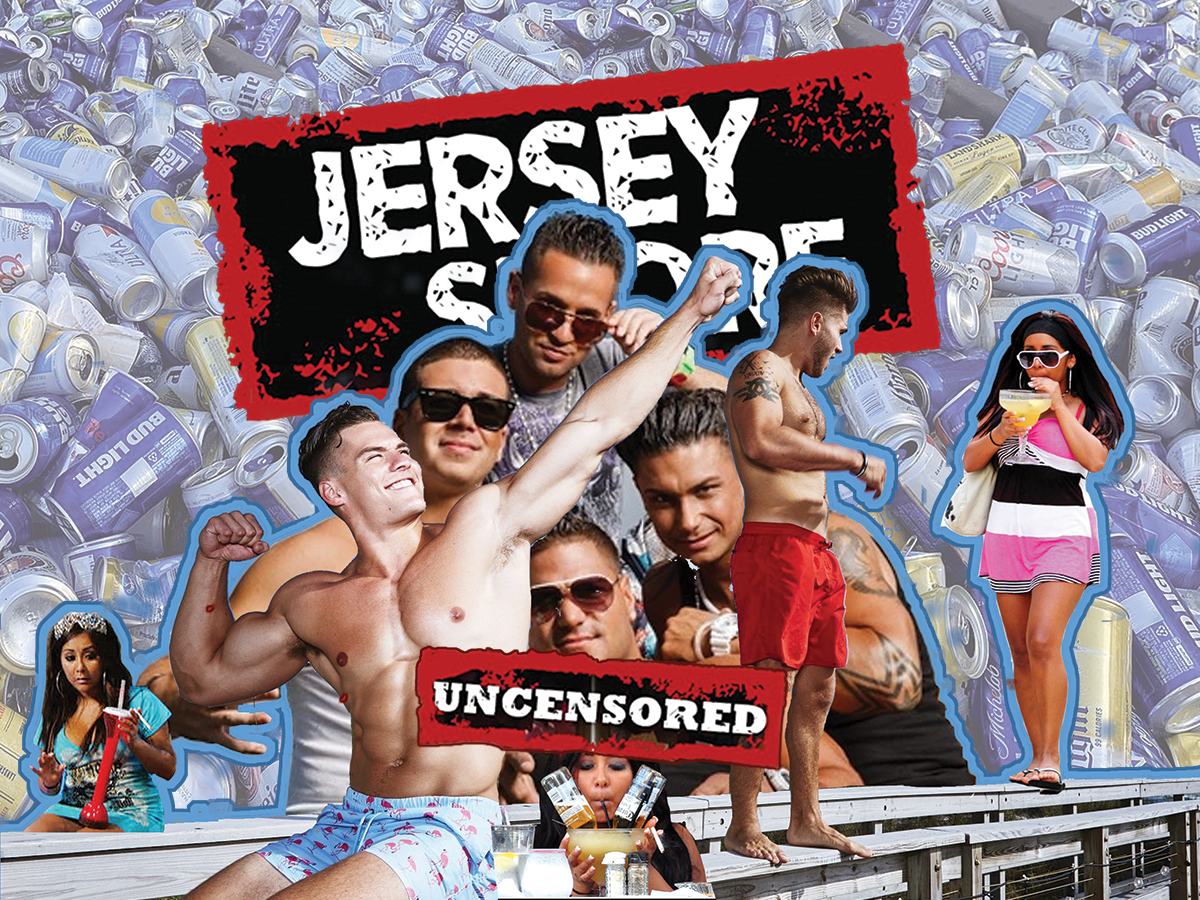Where does the “real” stop and the “fake” begin?
Reality TV is a defining facet of our era. Its emergence coincided with the beginning of television itself, and since has branched out into an innumerable amount of subgenres.
From game shows to survival shows, competition shows, dating shows, and many different variations on some sort of American family drama, each gives us a glimpse into the lives of different people. But how real are these perceived “glimpses?”
Not only are many popular reality shows scripted, directed, and heavily edited, these shows are carefully constructed to mimic a standard fictional narrative. Each episode has an overarching problem, a build-up, a climax, and a resolution.
The people that are portrayed fit into character roles that have been around since the beginning of storytelling: protagonists, antagonists, love interests, etc.
I began to question how much of the stories are fabricated.
Each show is clearly packaged in a way that makes them easy to watch, through the use of common story tropes and themes that the viewer can recognize.
This is fair enough, since most of us enjoy consuming media that does not require much critical thought or drastic change to our emotions. We watch it simply because it’s comforting.
Although we can accept that reality TV is a large part of our culture and used as a source of comfort for many people, it is important to acknowledge that reality TV is not a true representation of our reality.
Take reality TV show “Floribama Shore,” for example. A spin off of MTV’s classic “Jersey Shore,” the show features eight adults who live together in a house on the Gulf Coast. I’ve only watched the show in passing, but everything about it is ironically bad (especially the name), so much so that it reads as a parody of the original. But it’s not, and it checks all the required boxes of a reality show, and has a solid viewership.
Cast members Jeremiah Buoni and Gus Smyrnios play the roles of protagonist and antagonist respectively, with their rivalry extending through all four seasons. Smyrnios plays the black sheep of the crew, Buoni is the “hero,” who doesn’t shy away from confronting Smyrnios on his wrongdoings. Cast member Nilsa Prowant fills the role of the sweet and pretty one, and Aimee Hall is the loud and outspoken one (you get the gist). The cast is branded as a family that, despite their differences, always make up.
We watch this in relation to our own lives, classifying the characters as their tropes and their actions on camera, and nothing more. But these are real people, and this is not how reality works, and using this as a source of comfort can be troubling to our perception of life.
Like the original, “Floribama Shore” has its fair share of drama, scandals, fights, secrets, and sex.
In fact, reality shows can only exist on the premise of ubiquitous problems. Shows like “Keeping Up With the Kardashians” and “Real Housewives” thrive off interfamilial disagreements and tumultuous friendships. Viewers would be generally uninterested in a reality show that had no conflict — so why is it that we love watching all these disagreements and in-fighting?
It can be said in this case that media must imitate real life to be of any interest to us, which is the exact purpose reality TV serves. It capitalizes on the portrayal of our own insecurities and problems, and we consume it because it makes us comfortable with our imperfect lives.
Seeing someone make a fool out of themselves, or say something so tone deaf you choke a little just makes us… feel better.
The issue with reality TV, then, is that we perceive these people as real, as that is how they are portrayed. The stars are simultaneously characters and real people, but what we see of them is entirely constructed. By watching these shows, we accept that these people are just like us, because the lines between real and fake are completely blurred.
Although their problems might reflect on our own, the events are dramatized for the screen and therefore not a true representation of our realities. It is harmful to idolize these people for being real as they are simply an illusion of what is real.
Collage by James Fay
